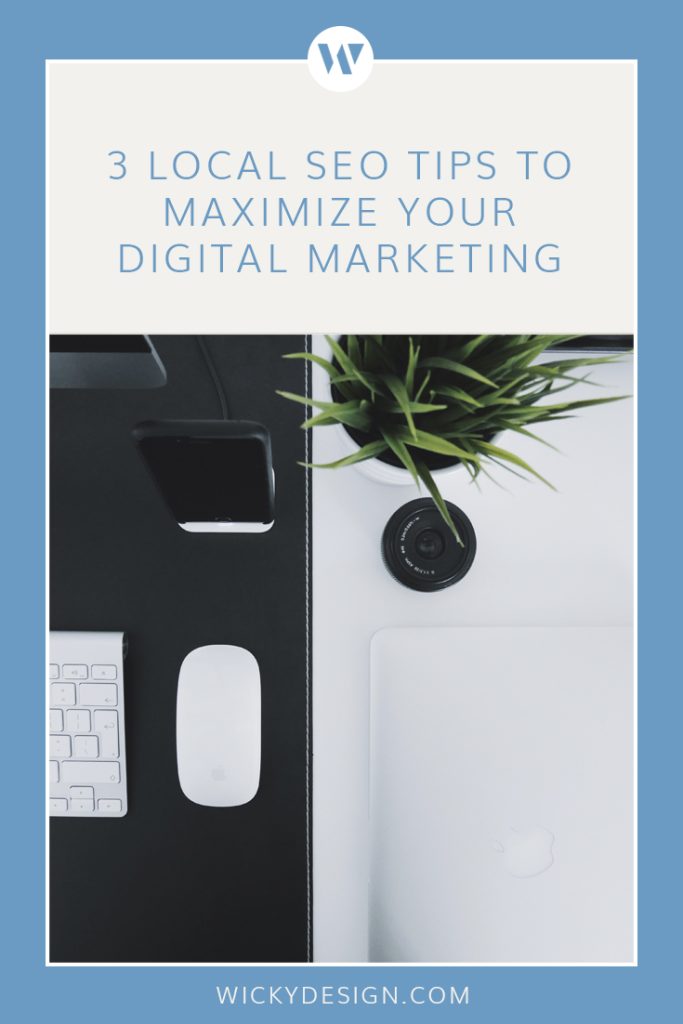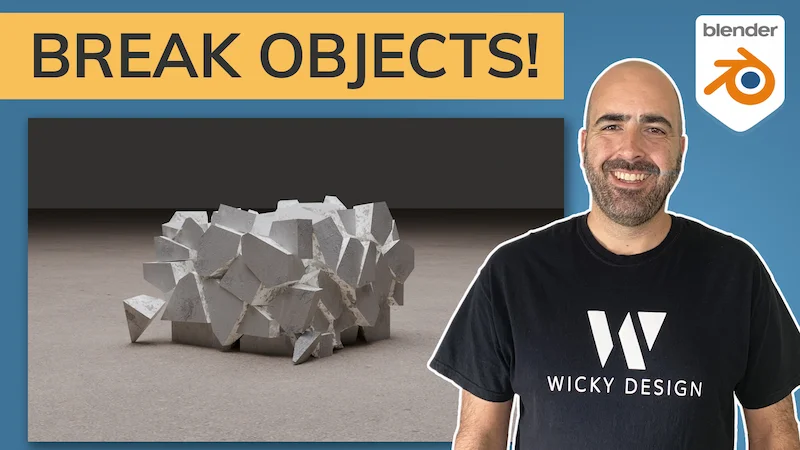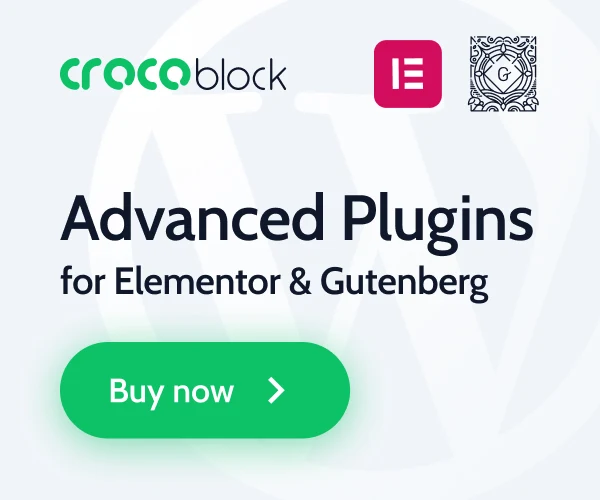Today’s post comes from our friend, Austin, at websearchroi.com. Austin specializes in digital marketing, SEO and conversion optimization.
Did you know 4 in 5 consumers use search engines to find the local businesses they need?
This means being visible online is important, but it also means that gaining traction is tougher than ever. Think having a website and social media pages alone will help you show up in Google search? Not these days…
If you’re a small business just beginning to embark on your journey to a stand-out web presence, this guide will give you some local SEO tips for getting that beautiful web page of yours in front of more potential customers.

First Thing First, What is Local SEO?
You’ve probably already heard about Search Engine Optimization (SEO), but in case you haven’t, it’s basically a series of tweaks both on your website and behind-the-scenes externally that Google picks up to determine the relevance of your website for a given search.
When someone enters the keyword “underwater basket weaving,” a reputable underwater basket weaving website with great videos, tips, keywords, links, etc. is bound to show up more often than one without all of that wonderful SEO-optimized content.
Local SEO is the same idea, but a little more specific. It’s about optimizing your site to show up for people in a targeted geographical area.
Some Basic Local SEO Techniques You Should Be Implementing
There may be thousands of underwater basket weaving companies out there, but if you’re based in Illinois and use the right local SEO techniques, you’re more likely to show up for an Illinois searcher than an underwater basket weaving company based in Florida.
So, how do you send Google signals that you’re the best fit for the search results for your local niche? Here are 3 ways to get started.
1. Get Your Keywords In Order
Keywords and key phrases are essentially search queries that your ideal customers are looking for when they’re seeking a business like yours. You want to sprinkle these terms and phrases around your content, in your meta tags, image alt-tags, and elsewhere.
They can (and should) range from overt keywords like your business name, the services you offer, and your city, to more subtle terms like related topics, business partnerships, related community events, and so on.
Getting the right keywords is tricky, but at the outset you can use Google’s keyword planner to guess what your customers are looking for. This handy tool will give you an idea of how many people are searching the term and offer suggestions for related keywords.
2. Contact Directories & Build Citations
A big make-or-break ranking factor is getting authority backlinks for your site. Every time a website with great rankings and a good standing with Google – think local government sites, long-standing media publications, and high-authority businesses – links to your site, you get a little boost.
This makes online directories for your niche a great place to start building some of those links. There are literally millions of these, but here are a few to start:
- Your local chamber of commerce
- Niche-specific directories
- Better Business Bureau
- Yellow Pages
- Yelp
- Angie’s List
- Home Advisor
- Facebook for Businesses
- Bing
- Yahoo
- Google My Business
Citations are basically directory listings that don’t necessarily even need to link to your site. You should make sure that these feature your EXACT business name and EXACT phone number. You want to keep these up-to-date and consistent to reap the SEO benefits.
3. Get On Google My Business
Getting on Google My Business ensures that your business information shows up across Google products (maps, web search, etc.). It also helps you get Google ratings from your fans, easily update your days and hours of operation, and more.
Yes, this is technically a directory, but it’s an essential one– especially if you’re a brick and mortar business. The process is relatively simple AND FREE. It just requires signing up, adding basic information, and verifying your location.
How Long Will It Take To See SEO Benefits?
Building a strong authority takes time. The fruits of your labor will vary depending on your competition, your current reputation with search engines, the traffic you already have, and slew of other elements.
Every moment you spend on your SEO is a worthwhile investment in your long-term success.
Remember, SEO is more than just a few keywords and links. Many people dedicate their lives to this stuff, and the rules of the game are constantly shifting to help searchers find the web results they want. There are thousands of SEO signals that Google uses to determine what websites rank where, and Google even implements artificial intelligence to determine rankings.
If you want to outrank internet-savvy competitors, you’ll probably need an expert by your side to help you do it. But that shouldn’t mean that you can’t try the basics out on your own and get on the right track on your own!
Austin Benton has been growing companies with digital marketing since 2011.
In 2016 he started WebSearchROI, a digital marketing agency in Philadelphia.
Austin has generated tens of thousands of dollars in sales for his clients. He has a goal of doubling the size of 1,000 small businesses by January 1st, 2019.




